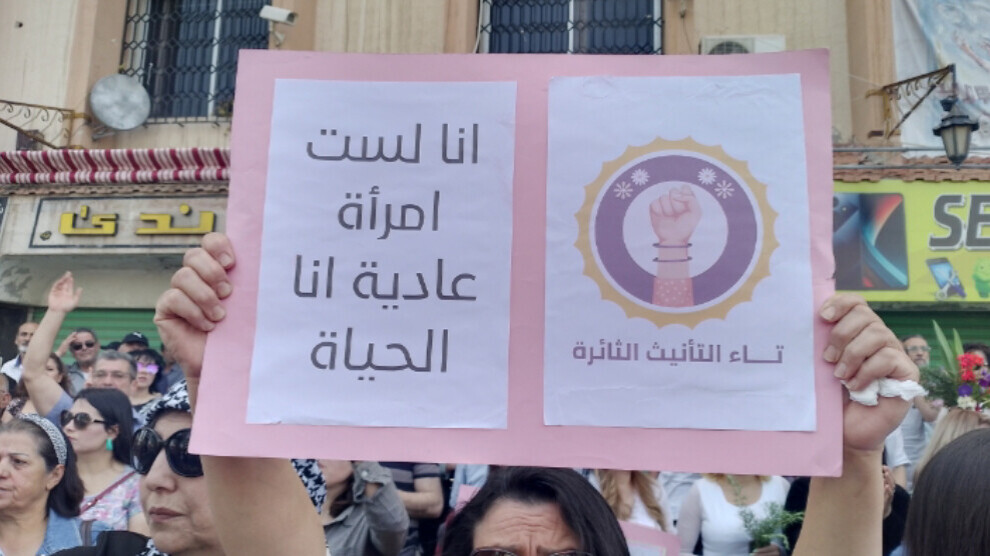Major crises reveal the heavy price women pay

ROCHELLE JUNİOR
In every global crisis—wars, natural disasters, pandemics, or economic turmoil—the harsh reality emerges: women bear the heaviest burdens, often in silence. History, both ancient and modern, confirms this truth. The deeper the crisis, the greater the toll on women, whether through the loss of loved ones, shouldering doubled responsibilities, or becoming the emotional outlet for a fractured society.
Take the recent example of Sweida, now entering its third month under siege. With many men unable to work and livelihoods collapsing, women have become the “only outlet” for their frustration. When men lose everything, they often direct their anger at the easiest target: women. Rather than being recognized as partners in resilience, women are reduced to direct recipients of pressure and violence. These are women who have lost relatives, endured displacement, and faced the hardships of shelters—yet they are expected to remain steadfast and silent, as if stripped of feelings.
The harshest reality is that this violence does not always come from strangers, but sometimes from men who have endured the same hardships. Violence against wives or daughters becomes a misplaced response to personal failure, rooted in patriarchal norms that cast women as eternal sacrificers.
This violence does not stop at women—it extends to children, especially daughters, who see their mothers as models of endurance and silence. The suffering of women thus becomes a heavy inheritance, passed on to new generations taught to believe that enduring injustice is a virtue and that accepting violence is part of “feminine nature.”
This phenomenon is not unique to our region. The COVID-19 pandemic exposed the same pattern worldwide. Statistics, even in developed countries, showed alarming increases in domestic violence, as isolation, fear, and economic pressure found their way into women’s bodies and souls.
The central question remains: why does society always perceive women as the weakest link, when in reality they are the backbone holding everything together? The answer lies in entrenched cultural norms that confine women to the role of “endurer” rather than “partner.” This culture demands that women absorb every crisis, while excusing men’s violence as an outlet for their own suffering. It is an unjust equation that reproduces oppression within the family just as it is reproduced in politics and society at large.
We must reframe women’s role in times of crisis. They are not mere “shock absorbers” but life-makers amid destruction. They are not the weakest link but the backbone that keeps communities standing. Recognizing this truth is not just fairness—it is essential for any genuine change.
When women are acknowledged not as secondary victims but as central actors, we can break the cycle that allows crises to breed more injustice. Only then can we build a future in which women are treated as full human beings, with rights, dreams, and the power to build—not as shadows condemned to endure in silence.
Regardless of a man’s education or social standing, traditional attitudes persist in placing all burdens on women. Recognizing this reality makes it our duty to strengthen women’s rights and support them—not only to protect women themselves, but to ensure the stability of society as a whole.
